Hans Natur is awarded “Grünen Knopf” - Interview with Managing Director Michael Hans
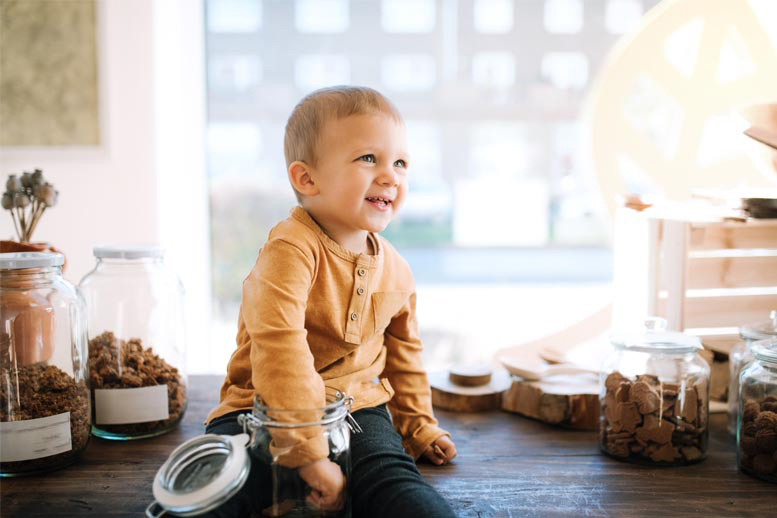
Latest news
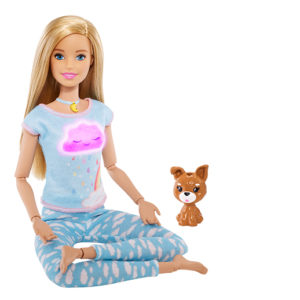
-ADVERTISEMENT- The wellness and fitness trend has arrived in the …

The fight against environmental destruction and the climate crisis are …
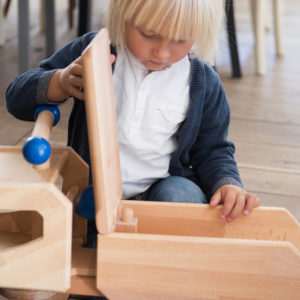
Anyone looking for new products in the field of toys, …
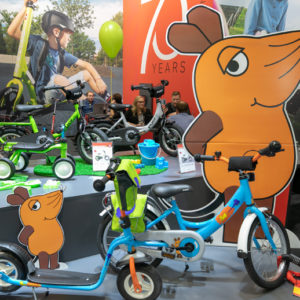
It is a market with huge dimensions and great potential. …
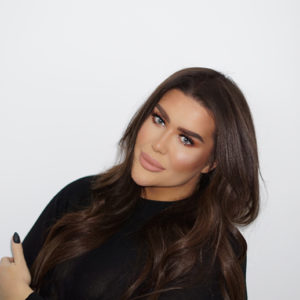
For companies, a social media presence has become indispensable and …

Hardly anything disturbs customers as much as waiting at the …
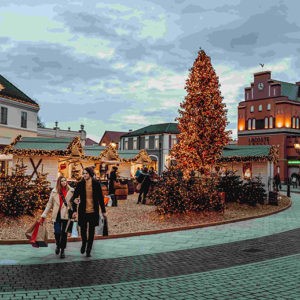
Research by TV station RBB has shown that some outlet …
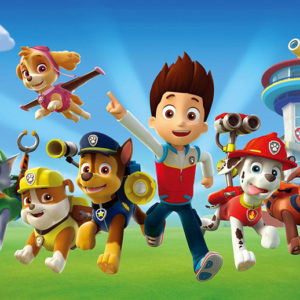
The industry association Licensing International (formerly LIMA) has honored outstanding …
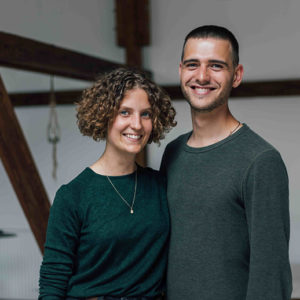
Communications manager Hannah König and managing director Stephan Schenk are …
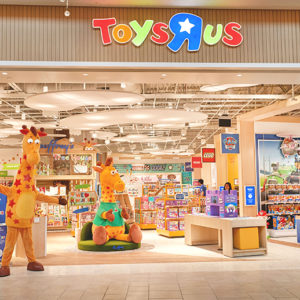
The toy dealer wants to leave his insolvency behind him. …
Parents only want the best for their children and the world in which they grow up. Hans Natur has been at their side for over 20 years. Luna Journal spoke to Managing Director Michael Hans about sustainability in the baby and children’s sector.
How was the idea for Hans Natur born?
Michael Hans: Hans Natur was born to offer interested mothers and young families a complete, ecologically sound range of products for pregnancy, childbirth and first childhood conveniently by mail order. That did not exist back then. Since all the children in our 7-person family at the time grew up in cloth diapers, with wooden toys or, as the saying goes, alternatively, the competence to put together a sensible assortment to suit their needs was available. The company was founded in the back room of our natural food shop. That was in 1998 and the Internet was not yet important. The telephone for the calls of our first customers was at the cheese counter.
Why did Hans Natur decide to offer only sustainable products?
Hans Natur was not born out of a sophisticated marketing concept. This would probably have led to greater economic success in a shorter period of time. Hans Natur was born solely out of his own conviction that sustainable, ecologically correct and sensible products are the right way into the future. Since the roots lay in our organic shop, the question of sustainable products did not arise. From day one, sustainability has been a decisive pillar of our philosophy.
How are the brands selected that are accepted by Hans Natur? What are the quality criteria?
The basic prerequisite for the inclusion of textiles, for example, is the existing certification according to GOTS (Global Organic Textile Standard). We have known many of our suppliers for 20 years. These are often smaller family businesses. In the many years of cooperation, trust and friendship have grown. We know the criteria according to which they work, even if the company is not certified. Nevertheless, we regularly have our products tested for possible harmful substances. Toys should promote child development and be pedagogically valuable. Selected manufacturers and brands work according to this standard. Natural materials are used. Brands that deal with the sale of battery-powered, loudly squeaking and brightly coloured plastic parts have no place in our product range. Not even if the packaging is made of recycled cardboard.
If we don’t find products that seem important to us in any brand, we will sit down with them ourselves and have them manufactured exclusively for us. Many articles in the textile sector are also produced directly in our company. For all products, the meaning, the practical use in everyday life, the sustainability in all areas apply. And last but not least, the possibility of fair pricing. We do not select brands or products for the highest possible sales potential.
What is Hans Natur’s assessment as a trader? Are consumers changing their minds, will “class instead of mass” win in the long run? Will sustainability become even more important for a product?
Yes, this is a very nice, very important development and very clearly recognizable. I opened my organic food store over 22 years ago. That was a one-man operation. When a customer had finished shopping, there was enough time to fill the mixed muesli into bags and label it until the next customer came into the shop. In the whole of northern Schleswig-Holstein up to the Danish border there were 5 or 6 organic shops. That was it. Look at how enormously the organic food market has grown since then.
In the textile sector a comparable development follows, in which we already find ourselves. What is crucial here is that our slowly changing awareness steers the development towards a demand characterised by sustainability and not only by consumption. And in this way it can also have a positive influence on working and living conditions in the major supplier countries such as India, Pakistan, Bangladesh and China. I hope that one day sustainable, ecologically produced textiles will be the rule, and conventional textiles the exception.
Hans Natur is also socially committed. Can you tell us more about it? Why is this so important as a company?
We are rooted here in north-eastern Schleswig-Holstein. A rural region between the seas. The people here know each other. Many of our employees were born and raised here. These social ties naturally also continue within the company. Thus it is quite natural that employees who have difficulties or problems in the family or private area are supported by the company management and the employees. Associations, kindergartens or schools receive donations. We are currently working on a fundraising campaign that will directly and personally benefit the seamstresses of our textiles in India.
The “Green Button” is still very new as a seal. What does the award really say about Hans Natur?
The Green Button is indeed still a very young label. Hans Natur was invited by Federal Minister Dr. Müller as a pioneer in the field of natural textiles and as one of the first companies to undergo certification for the Green Button. The tests were successfully completed in September 2019. We have been a member of the International Association of the Natural Textile Industry since 1999 and are GOTS certified. These labels primarily include ecological components.
The Green Button, on the other hand, currently focuses on the social aspects of textile production in manufacturing countries such as India, Bangladesh, Pakistan and China or African countries. The certification is linked to binding requirements for decent work such as payment of minimum wages, adherence to working hours and exclusion from child or forced labour. As a result of the certification, we are required to actively monitor the working conditions in the factories of our suppliers on site, especially in these regions, to ensure compliance with the requirements.
As the owner and part of our 3-member management team, I am also responsible for purchasing our products. If, for example, we find suitable products in India, I visit the manufacturer and inspect the dyeing plant, the cutting and finishing shop and the working conditions in the plant. Impressions gained on site contribute to the assessment of whether a manufacturer works honestly and correctly and is suitable for cooperations.
Hans Natur and our suppliers throughout the textile chain are certified regularly and independently. In addition, independent laboratories carry out further chemical analyses constantly and on our behalf. I myself visit production plants on site. With the award of the Green Button in September 2019 in Berlin, further binding requirements have now been added. This makes Hans Natur one of the most strictly controlled companies in the natural textile sector.
You might be also interested in:
Sustainability is becoming increasingly important for customers
Seal of approval around sustainability – how to stay on top of things
Image: istock
//AB



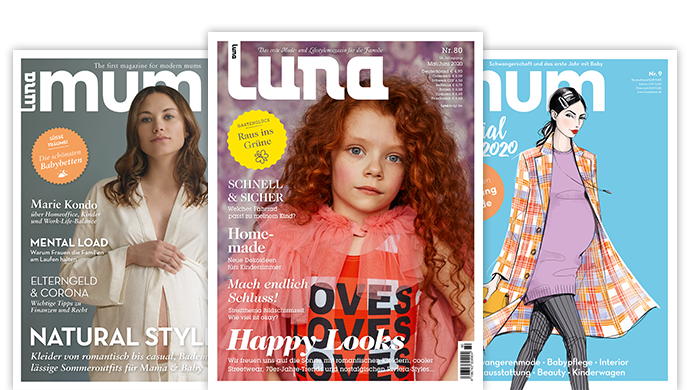
Leave a Reply